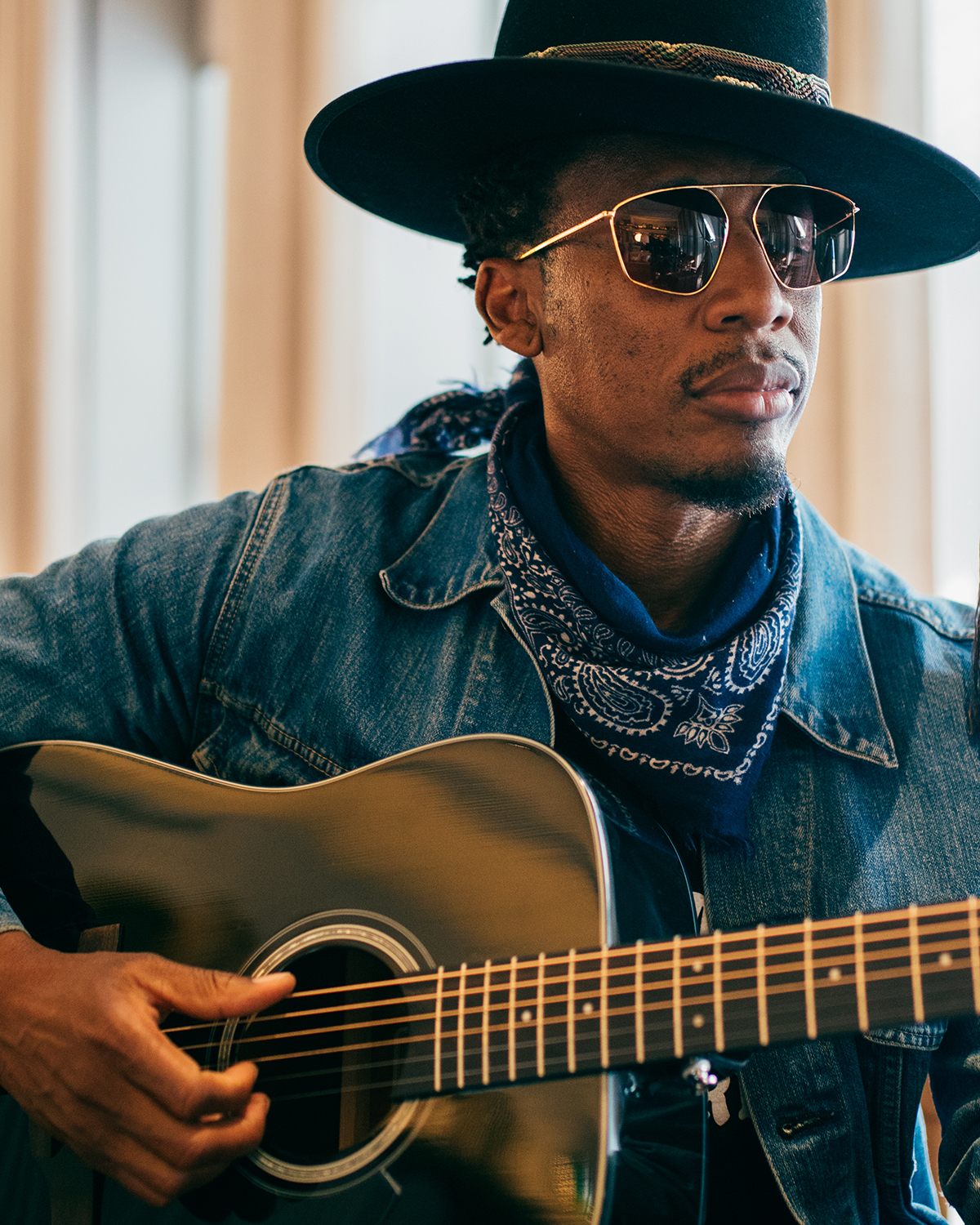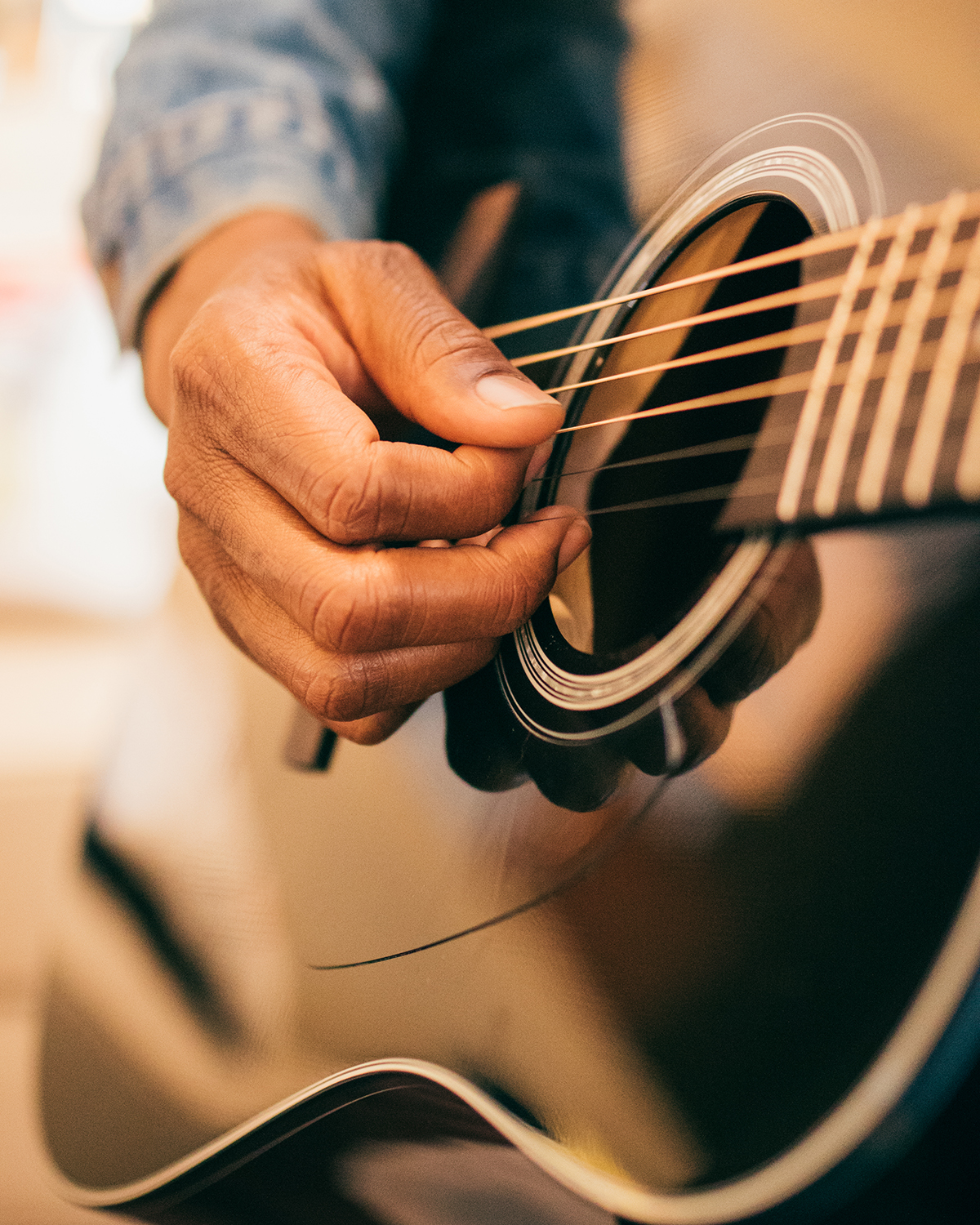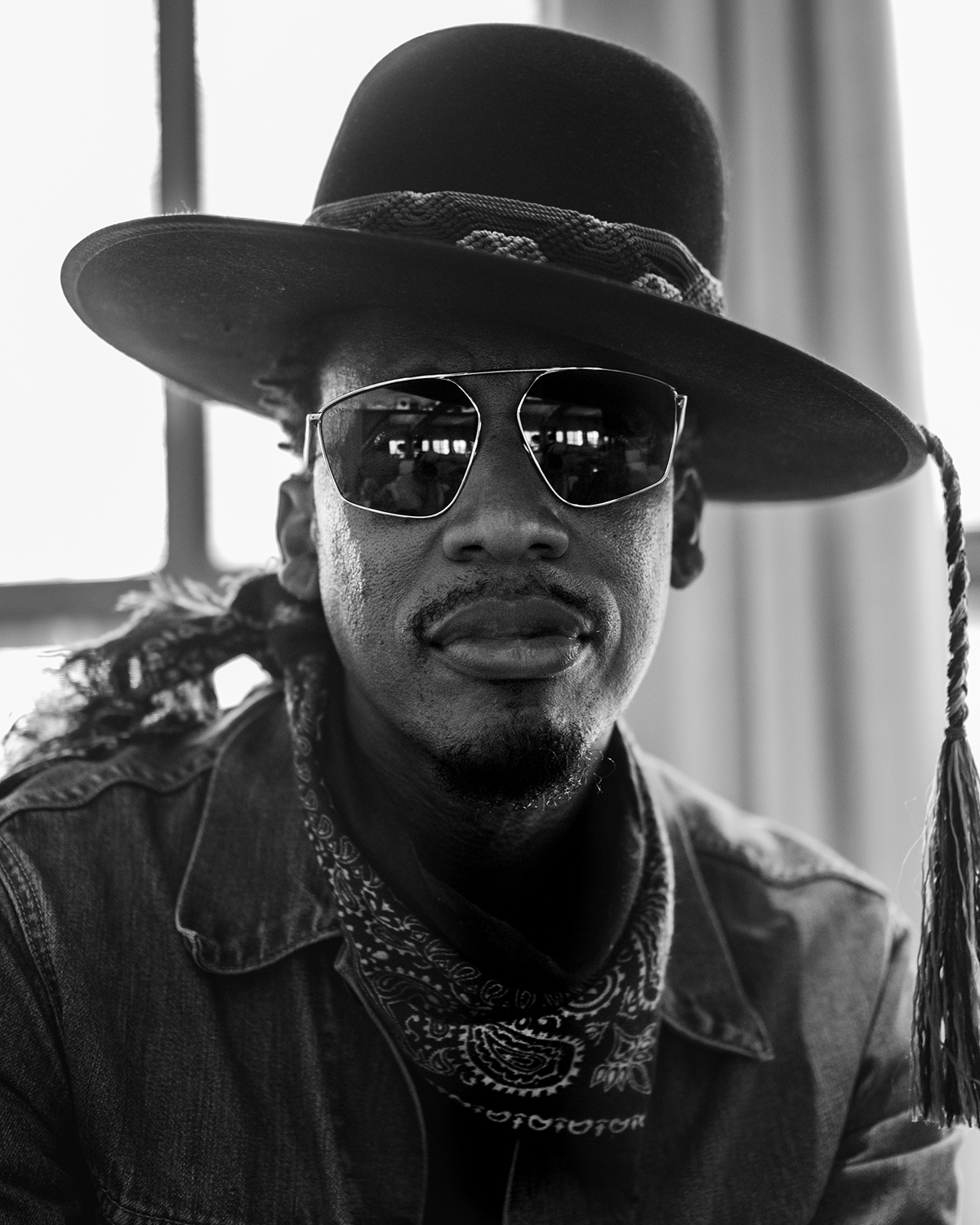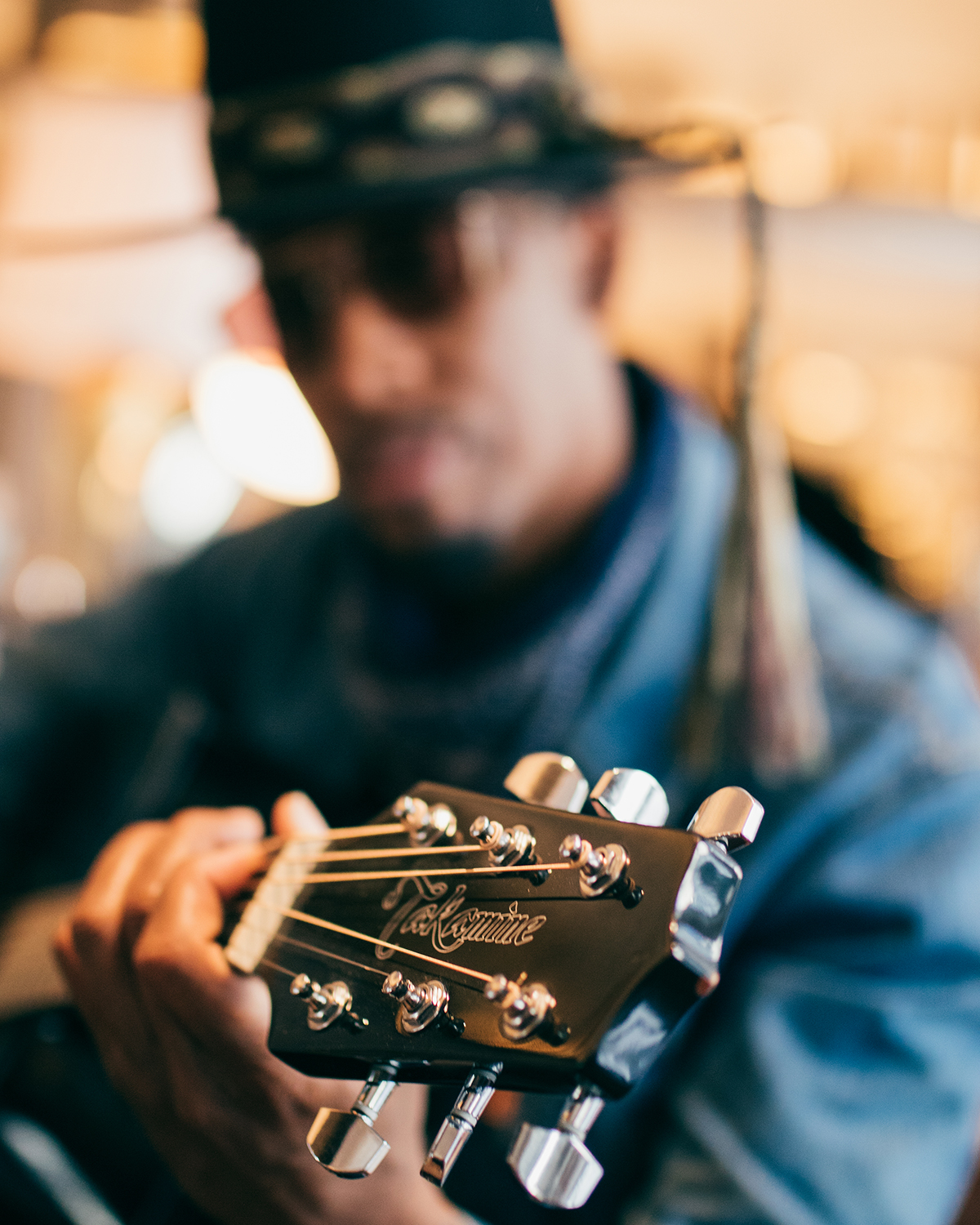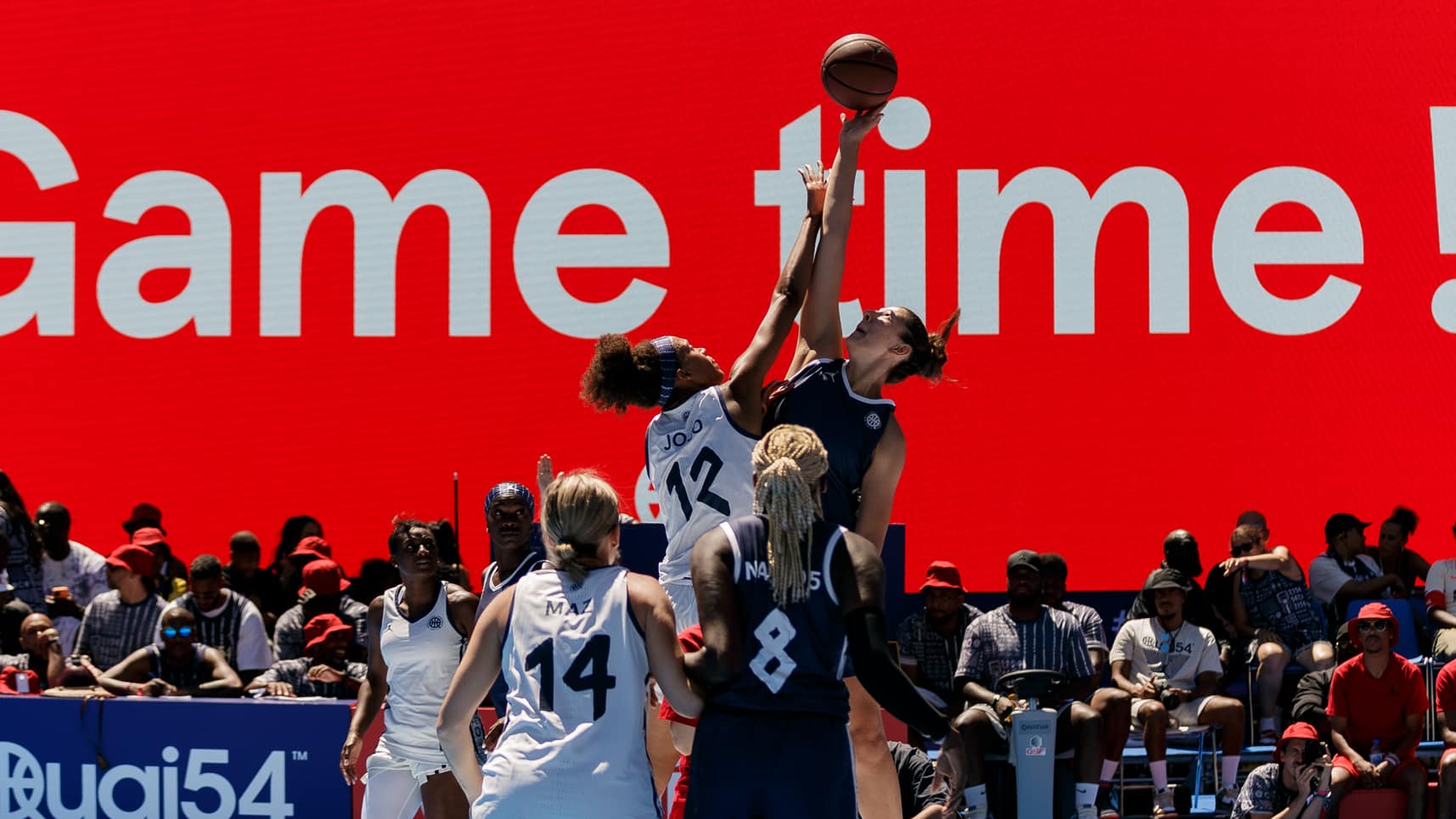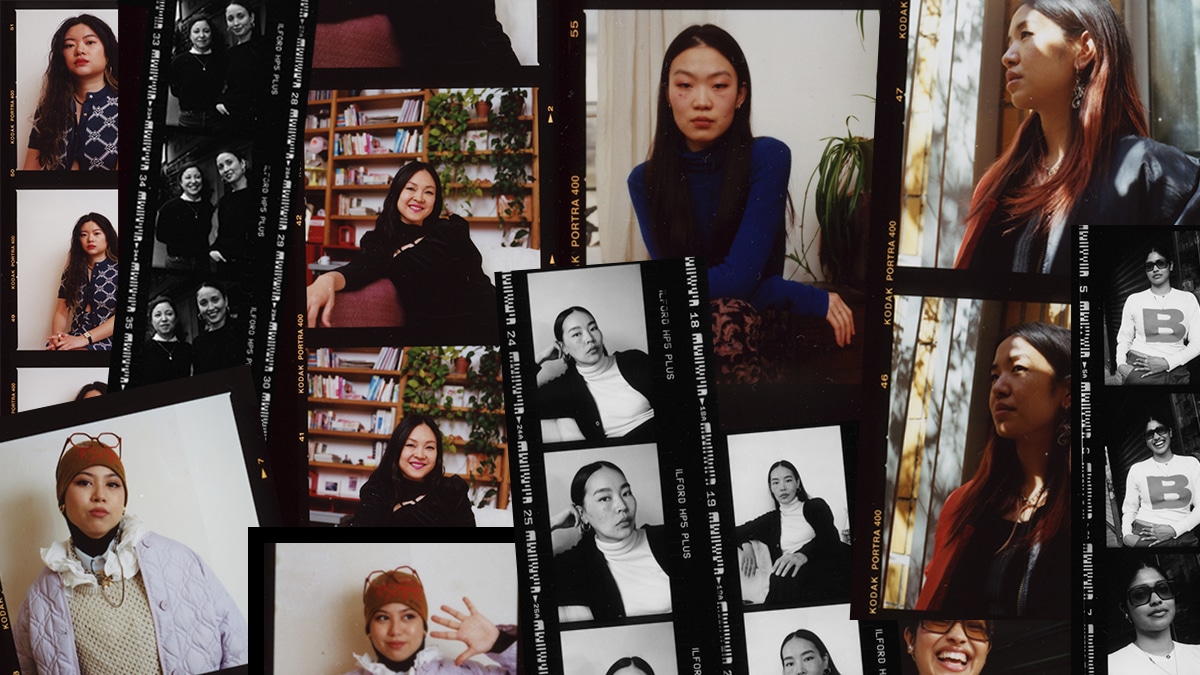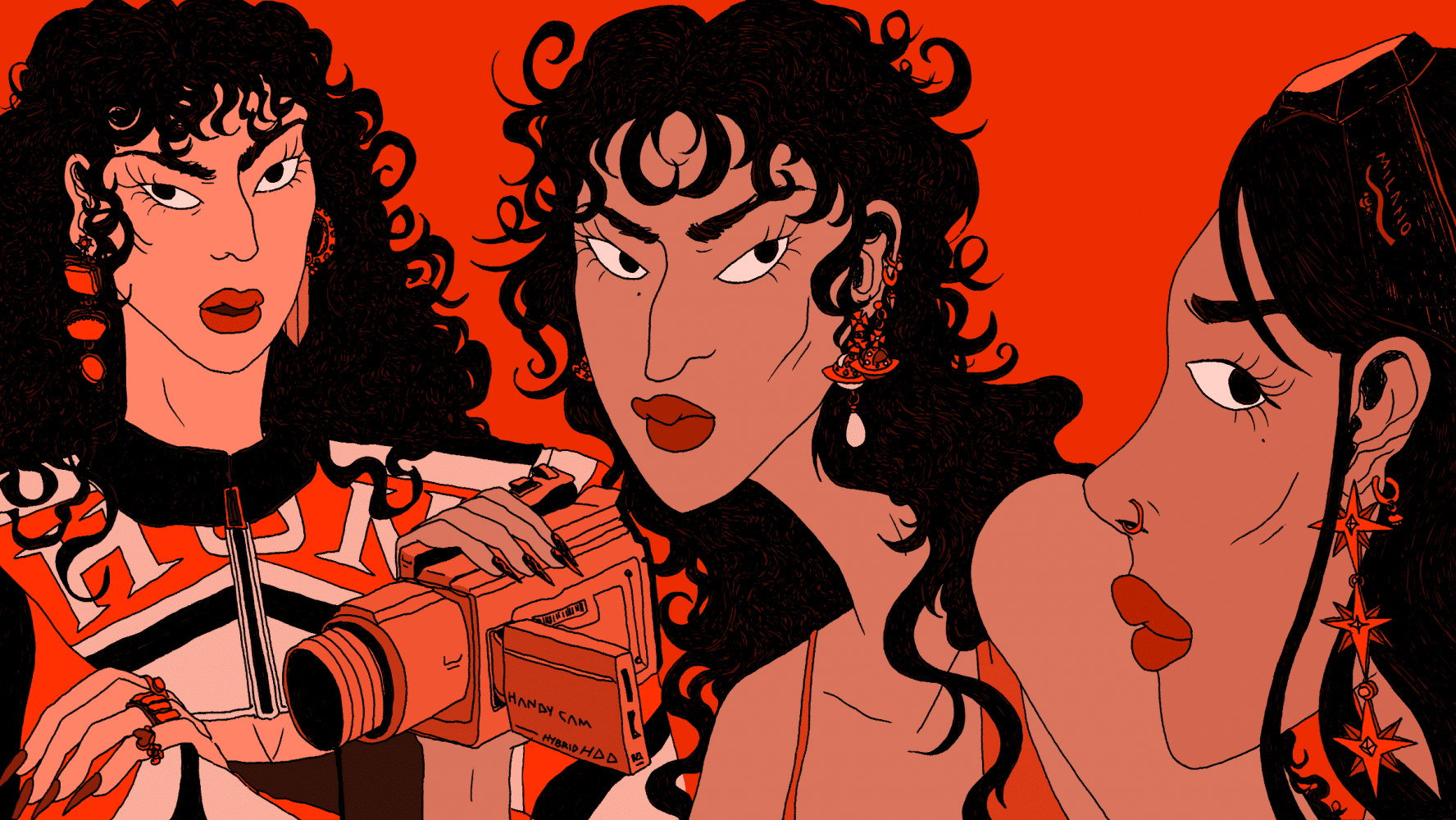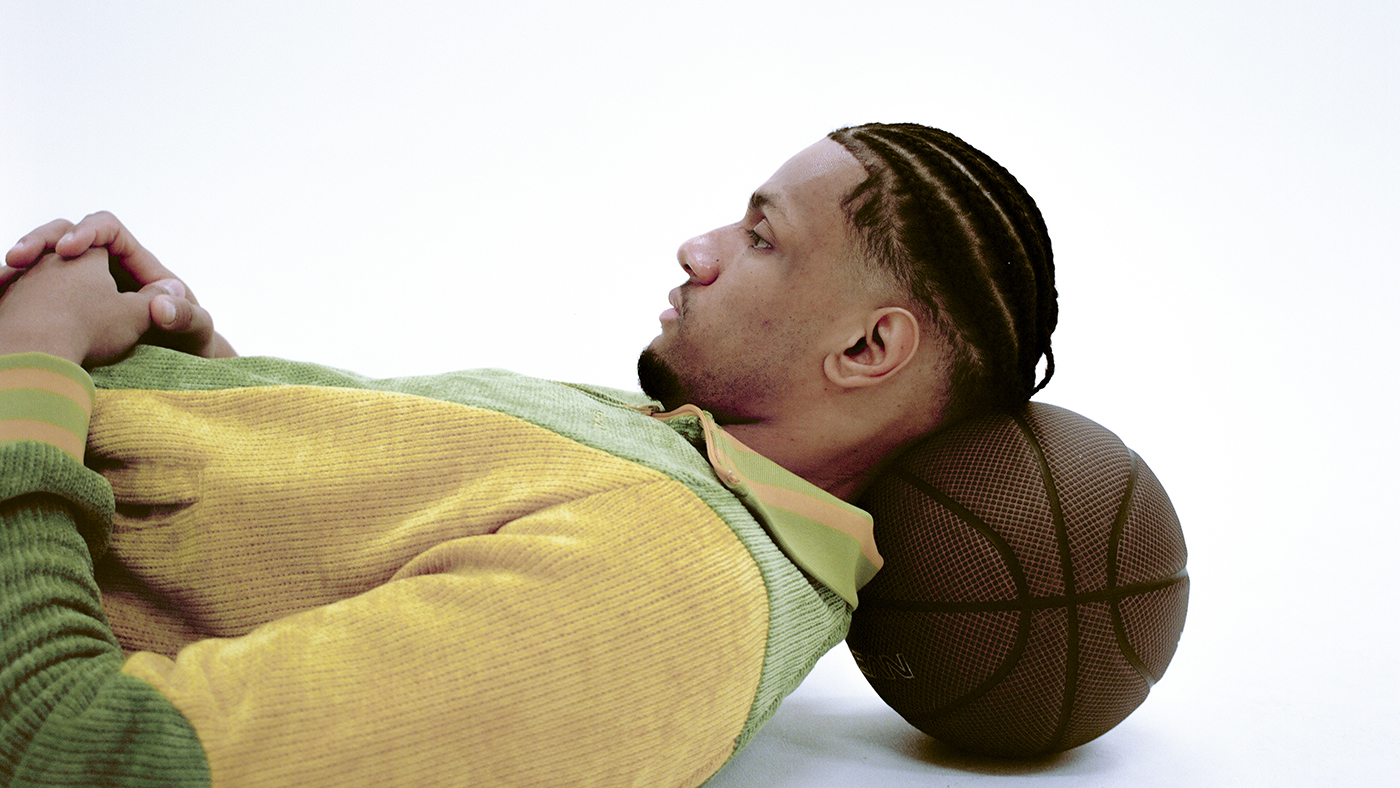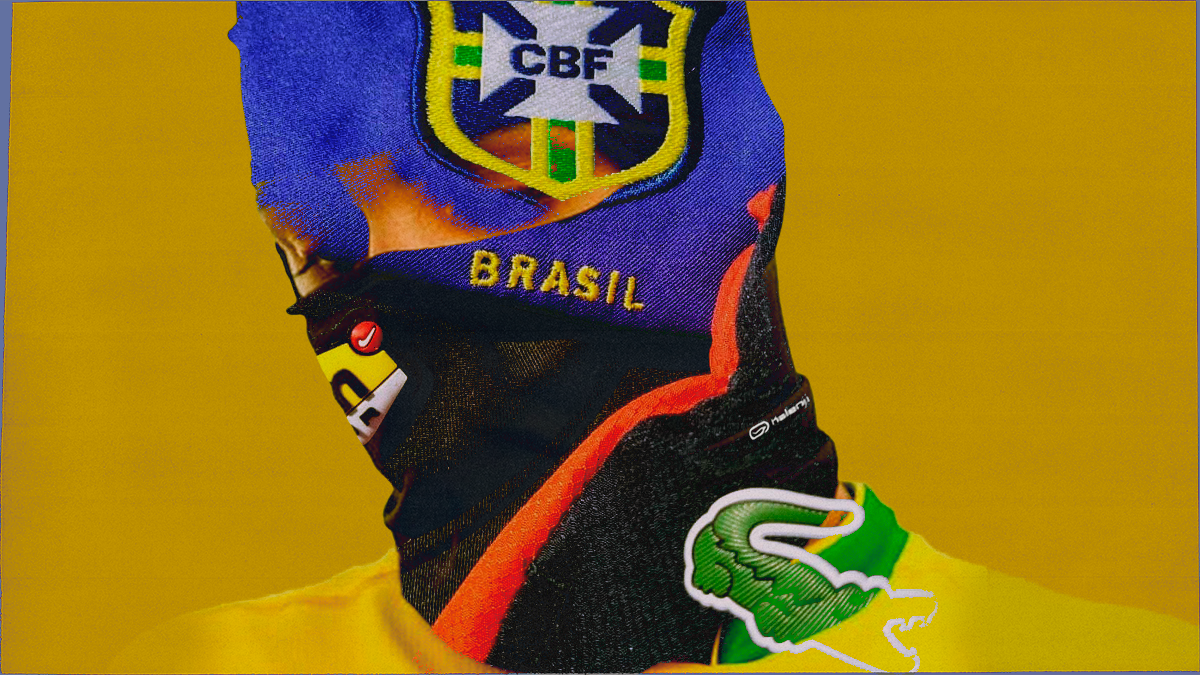Raphael Saadiq : « Il n’y pas de bonne musique sans prise de risque » 🇫🇷🇺🇸
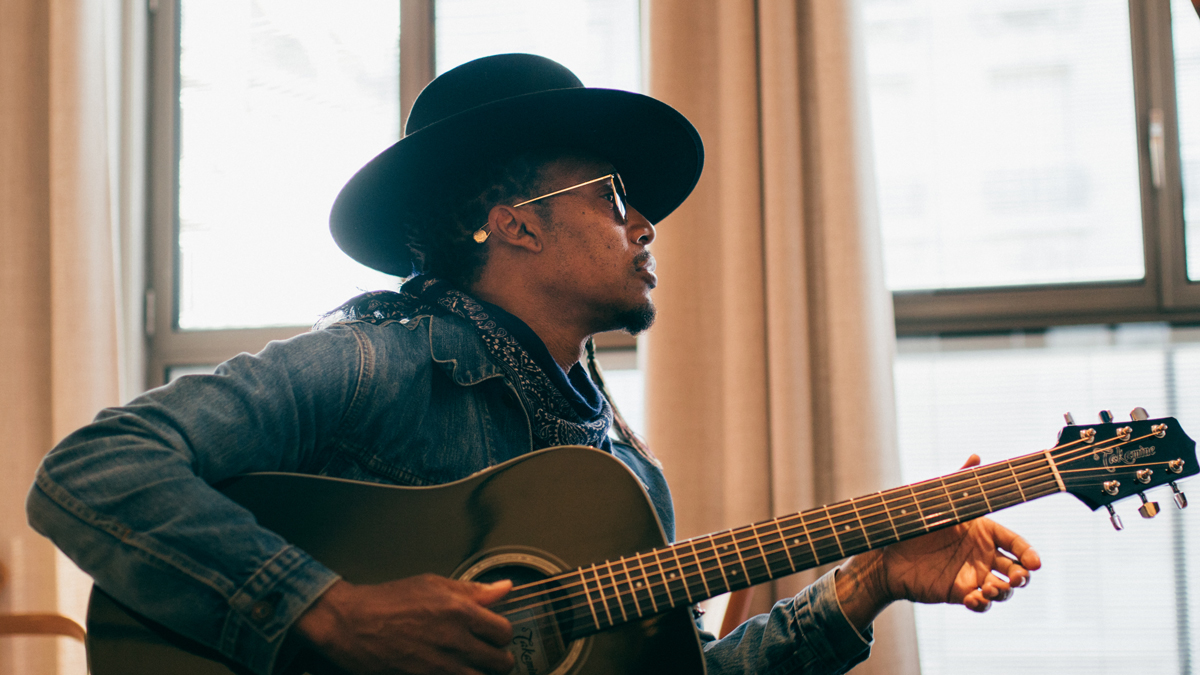
What is « good » music? For almost 30 years, Charlie Ray Wiggins, rules the roost in neo-soul, funk and r&b. Raphael Saadiq is a music intellectual whose name evokes respect and whose note partners, from Prince to Kendrick Lamar through Mick Jagger, set the tone in their respective genres. Eight years after his last album, he returns with the highly expected Jimmy Lee. Interview.
Photos: @antoine_sarl
Translation: Sébastien Vergez
Raphael Saadiq is your favorite artist’s favorite artist. At the end of August, Oakland’s funk master returned with his fifth album, Jimmy Lee, eight years after the previous one. An eternity in the current era, where everything goes (way) too fast. After the album Stone Rollin’ in 2011, the legendary crooner chose to recharge his batteries by putting his talents as a musician-producer in the service of artists like Elton John, Joss Stone, Mary J. Blige, John Legend or Solange, whose he executive produced the acclaimed A Seat At The Table. A long record break during which the bassist and singer surrounded himself with a new team to write his fifth album Jimmy Lee, probably his most personal work. Inspired in part by the death of his brother, who tragically died of an overdose on February 20, 1998, the album, with Kendrick Lamar featured on the ultimate track, focuses on addiction and imprisonment. Many topics we talked about with the mythical Raphael Saadiq in Paris, where this esthete feels the best.
Why do we have to wait ten years to be able to listen to new Raphael Saadiq?
Raphael Saadiq : I just got caught up working for everybody else, producing. Spending time with my family, my mother, my nieces and nephews, just taking some time. After thirty years out there, really I’ve just been moving so much. I sort of had a late start doing the solo album anyway, I got my first record out when I was thirty-six or thirty seven Starting a solo career late, it feels like it’s brand new and you’re just moving so much. I just felt like I had to take some time off to work with other people and keep learning. I love working with other people, I just feel it helps you grow even more on your production. The years just kind of went by without me really noticing.
Do you think it’s more important for you to work with other people and for other people than for your own music?
I think so, yeah. I think it’s important for growth.
Why?
People work different ways, you get to learn new ways, it’s like learning a new interface.
We know you’ve worked with many amazing artists, from Mick Jagger to Prince to Elton John to Solange, from D’Angelo to Jay-Z, and other people with your own groups as well. What do all these artists that you work with have in common?
Demand, high demand. They’re all very good frontmen and frontladies. They’re all really good leaders of bands, just somebody to stand in the front and sing a song. That’s what I mean when I say demand, respect and attention. It’s very important for them to be front center, when they are in that position.
Wouldn’t you say that you share the same thing as well?
Oh yeah, one hundred percent, I do.
You shine being a frontman as well?
I didn’t ever really wanna be, but once you take the job, you gotta deliver, so everything has to be right. Originally, I back up a lot of people, so I guess it’s a cross between me being a bass player. Most of my life, I was playing behind people, like a side-man gig. And I enjoyed it, a lot. So I think that’s where I get to think when I work with other people, because that’s what I did first. Singing was second. But when I took the job to sing, I knew I had to be good, because I played behind so many good people.
« Most of my life, I was playing behind people »
You talked about delivering. What do you wanna share with Jimmy Lee?
I just wanna share the fragilities of a grown-up, and some of the vulnerability of my side, you know, telling my story and that of my relationship with my brother. And not just to put it all on my brother, just being in it, living life in this, waking up every day and walking down the street and seeing homeless people, people that had some bad experience with chemicals and drugs. And then to see it in the industry that I’m into, seeing it in sports. It’s everywhere. It’s like Vegas : the house always wins with drugs. It’s on TV, on social media, it’s different things that we have in front of us and that we get addicted to. Everybody’s addicted to everything, so it’s not just about drugs. There are all kinds of addiction, I think we’re all addicted to our cell phones…
What are you addicted to?
Chocolate croissants. I’ve actually been avoiding them here, because this is where it started, here, in Paris. And I’ve also found myself looking at the Instagram a little bit too much. I’ve noticed it, and it bothers me a little bit. It’s haunting, this addiction thing.
And why did you want to share this experience now? Did you feel the need to, or has it been on your mind for a long time and you felt it was the right time to share this experience?
Yeah, exactly. It’s been on my mind a little bit, and I just kept writing and coming up with these stories. But the interesting thing is, even though it’s not even out yet, once I was done with the record, I felt like smart kids and writers that are listeners were gonna interpret my record better than I could. You might listen to my record and have a lot of questions that I didn’t even think about, and that’s the kind of record I wanna make. It was in my head, but I need to get it out of my head, so I could get to the people and they could tell me like what… what the hell.
It’s almost like a selfish feeling. You want to put it out so people can ask you about it and you can self-reflect about it.
That’s exactly what it is. I knew this was gonna happen, because I’ve listened to things that I’m saying, some of the songs, and I can hear what I’m saying but I know that when it comes back, people will interpret it differently, and some of it is probably gonna be way more on point than I am. I guess I want the world to be my therapist.
You said that Paris was probably your biggest market. Do you know why? Why do French people love your music? Can you explain why you said that?
Because that’s the most people that I’ve played for as a solo act.
Even more than in America?
Yeah.
So why do French people love your music, even though they don’t speak the language?
Maybe just from the drums and the sophistication, and all of the African vibes. The music that they brought, people they brought around here and colonized. For years, they’ve been around so much African music, so many, you know, drums [He taps a beat on the table]. I think it’s this mesh of all this soul and jazz and everything that they hear. They hear swings, they hear hip-hop, they hear acoustic guitars, they hear strings. It’s just so much art here. I was here one time, playing a song called « Movin’ Down the Line » and watching how people were dancing to that song, and they danced like my mom ! My mom has a really good swing to that song, and I would see girls moving exactly like my mom, and I just stopped, and I’m just damn… That’s different.
I guess I want the world to be my therapist.
You don’t get that with an American crowd?
Not when somebody just don’t look at you. You play the song and they put their heads down and just go in… They don’t even look like they’re really into it. I thought I was getting punked one time when I came here. The record was out two weeks, and I was playing a song called « Sure Hope You Mean It ».I think it was at a promo concert for Nova, the radio station, and everybody was singing the words to « Love That Girl » and « Sure Hope You Mean It ». I asked myself: « How do they know a song that just came out two weeks ago ? I’m still learning it ! » And they were singing every word.
Are you personally familiar with French music at all?
A lot of it,I am, but not by names or titles. When I’m doing promotional tours, like I did eight years ago, I was around a lot of artists.
I was watching your Breakfast Club interview yesterday on YouTube, and the top comment was: « Arguably the most underrated artist in the past 30 years. » What do you think about that?
It said that I am the most underrated ?
Yeah, in the past 30 years.
You gotta win at something ! I don’t see anything wrong with it, I sort of take my time, I’m a late bloomer, at everything. Dating girls ? I was a late bloomer, I surely was. Fashion ? Late bloomer. But music, I was always doing it, so I think people get on me pretty late. People keep discovering me. I’d rather have people keep discovering me than just have one blow, because you blow past people, man. There’s been so many people out when I came out that you don’t even know. Don’t you remember ? So I’d rather have the slow burn than the fast burn where you don’t know what you’re gonna do. I don’t think I’m as slept-on as I was ten years ago, it’s not the same. I mean my name flashes on HBO, so it’s a little different.
If not you, then what other artists would you say are underrated?
Maybe Little Dragon? They could be a little underrated. I think they’re amazing. They’re really underestimated in Sweden, where they’re from. They’re bigger in America, they told me that.
We talked about amazing artists you worked with during your career. Your first touring experience was with Prince, right? Everybody has a Prince story, and I haven’t heard yours yet.
I actually played with Sheila Escovedo, Sheila E, and that’s how we got to Prince. I played at a festival in Copenhagen, it’s called the Purple Festival or something, and Prince really likes the song « Stone Rollin’ », he loves that record. I was performing, the crowd was standing there going crazy. I’m singing it, and then the crowd just went even more crazy. I just thought I was really killing the crowd, and he was behind me dancing.
You didn’t notice?
I didn’t even see him at all, I just kept singing. My background singer saw it. I don’t even have the footage.
You said something about Prince as well: « I think Prince hated where music was at, and didn’t want to be around it any more. I think he loved music that much and he was like ‘if this is what they’re doing, I don’t think I could take it.' » What do you mean by « if this is what they’re doing »?
I just felt like he didn’t think people really tried. Because he’s a real student of music, he’s hardcore about it, real militant about it. Even though he found artists that he liked, maybe in hip-hop he found people that he liked, personalities that he liked ; but I don’t think he respected it musically. And I don’t think he really wanted to be around it.
This is linked to my next question. There’s really no easy way to pinpoint exactly what makes a good piece of music « good ». The way we consume music nowadays makes it even more difficult for the audience to make the distinction between what’s « good » and what’s « easy », meaning music that’s catchy and that we’re made to like. In a non-subjective way, what’s good music?
For me, the music is about taking a risk. Like Lucky Daye, an artist I like who’s out of New Orleans. He fits with today’s music, but he also uses a lot of different… And he took some chances! In good music, I think taking chances is everything. If you’re not taking any chances, it’s formulaic to me. Still may sound good, like you said it’s made to be liked, and that’s okay. But somebody who takes a chance, like a Cee-Lo Green or a Gnarls Barkley, that sounds crazy. When they came out, that was totally different from what anybody had ever done. It was a standout. There’s not too many standout records that come out and make it to the mainstream. There’s probably a lot of standout records that are indie or don’t get that much light, there’s probably a lot of artists like that ; but I don’t feel like people take chances on putting out standout records, or artists don’t even take chances trying to make something that they really really love. Or maybe they love what they’re doing, even though it’s not a standout type of situation. I just guess we live in those times were being formulaic is cool.
Catchy music isn’t necessarily good music. You can enjoy a song at 2am while partying. But even if you enjoy dancing on the song at 2am doesn’t mean that it’s a « good » song.
I understand, that’s why I like South African (or just African) house music, like Black Coffee and some of the other guys who are really underground. I was over there, I was going to a day party – I don’t know the guys there so I had to have a friend take me to a party. It was really good house music.
The genre is called gqom, right?
Yes, gqom, right. To me, these are people who run away from what we have to listen to, and they sort of make their own world. It’s always been like that with house music. It’s not the same thing as being a selector or a DJ. If people are standing in front of you, you have to play something that people like, to make people move or to keep them buying drinks. I can listen to music that I think is made to make you like. I can enjoy it at a bar, if I’m going somewhere to have a drink. But I don’t bring it up to my house.
You said that you want your records to outlive you. So, you don’t believe you’ve already reached that point?
Yeah, I reached it. I reached that point, but that’s just the beginning. I didn’t shoot for that in the beginning. There’s something a friend of mine, Tony Draper always says. He owns Suave House Records out of Houston, MJG and Eight Ball, you know, hip-hop records. He used to always say – you know, he loves Al Greene. Tony kind of studies a little bit, and he always says :« Your records should always outlive you. That’s good music. If your records don’t outlive you, you ain’t making good records. » When he said that, I thought it was really profound, so I started saying it in my interviews.
« If your records don’t outlive you, you ain’t making good records »
But you actually think you did. So, do you think you’ve made your « That’s the Way of the World », Earth Wind & Fire’s classic that you love?
I haven’t done that ! But maybe with « Anniversary »? I was talking with RZA from the Wu-Tang, and he said « you’re gonna be known for writing this big song, ‘Anniversary’, it’s gonna last forever, I feel like you’re gonna be known for that. What am I gonna be known for? I’m still thinking about that, what am I gonna be known for ? I think I’m gonna be known for just bringing a ruckus! » [laughs] And I was like yeah, for sure! So yeah, I did that, but I just always like to always use « That’s the Way of the World » because « Anniversary » has this feeling too, but that [he hums the beginning of « That’s the Way of the World »]… When that comes on, people just like… And it’s called « That’s the Way of the World »!
I think « Be Here » is up there as well. Can you give me three songs that you think outlive their author?
I would say « Doves Cry », by Prince. [He hesitates] There’s so many different versions of this song, so I’ll just have to say Donnie Hathaway, « Take It Away From Me, Someday We’ll All Be Free ». The third one, I would say… I could go all day ! I would say « Bennie and the Jets », Elton John.
Kendrick Lamar is invited on your album, what do you think of him as an artist?
I think he’s one of the best to ever do it. I like Kendrick because I can hear his carbon footprint that comes out of his music. That’s what I look for in music, I wanna know your background, where you grew up, how you live and where you’re going. You could see them going other places in the future.
Do you believe you and Kendrick share the same vision, the same core?
Yeah I think so.
Kendrick talks a lot about being a witness to Compton’s violence and what comes with it. It’s the same thing for you with East Oakland and the way you lived through the deaths of people close to you. There’s a link, I think, between your two experiences.
You can hear it in his music, he’s a great storyteller, he tells a story with power and he just ropes you into it. He likes really good music too, he invites a lot of great musicians like Kamasi Washington and Thundercat, a lot of great producers and beatmakers. He knows how to pick records, and that’s important.
He’s featured on « Rearview », the closing track of the album, isn’t it symbolic that you decided to collaborate with him on the last track of the album? I wouldn’t say you’re passing the torch, but something like that, like you’re knighting him as well.
He’s already knighted.
Of course. But in a way, it’s important for him as well to be the only rapper featured on a Raphael Saadiq album, something that comes out every eight years.
I worked on what he did, DAMN. We were gonna work together, he came to the studio and we just hung out, and then he just messed around, I was playing records, he’s just jumping on different vibes. I took one of those records, couple of months ago. I was listening to Brooklyn Zoo, by the Wu-Tang, and I just ran out of my car into the studio, jumped on an organ, and I played a melody. Then I played drums, then I played bass, then I played guitar. I grabbed one of the records that I worked with Kendrick, then I took his hook and I threw it in a different song. Charlie Bereal and Jairus, two friends of mine, played a little bit of guitar on top of me, and I started to sing like David Bowie. So that’s a mashup of all these different things, and I just threw Kendrick in it. Then I sent it to Kendrick, and I said listen to this. He’s one of my only hip-hop guests. There’s also a jazz pianist, Ernest [Turner], and Rob Bacon who plays a guitar solo on Something « Keeps Calling ».
